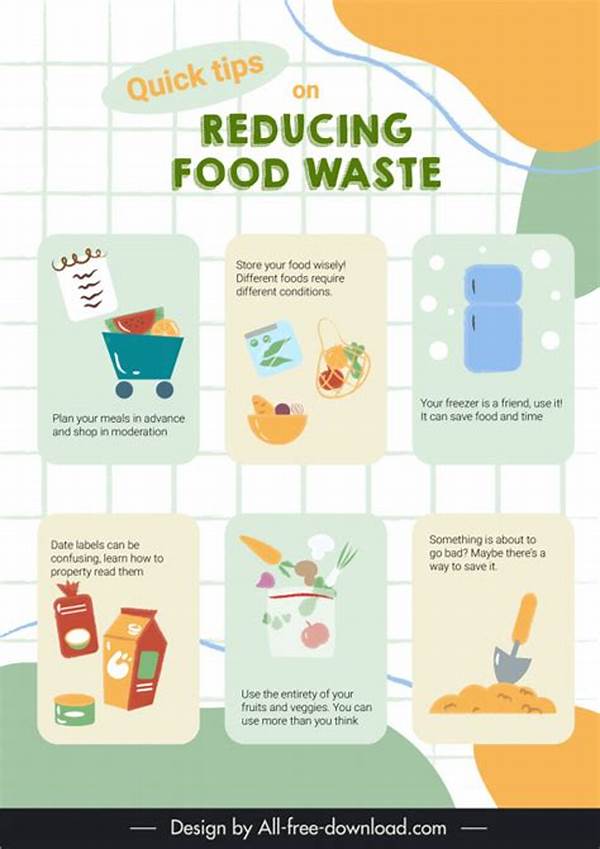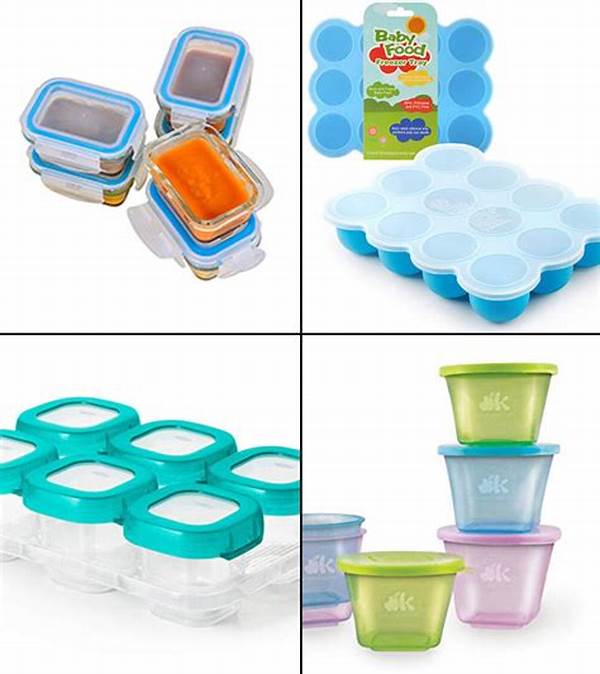Ah, the hospitality industry – a dazzling world of luxury, convenience, and impeccable service. It’s a universe where every detail is tailored to perfection, where guest satisfaction is the holy grail, and where one cardinal rule reigns supreme: waste not, want not. Yes, you heard it right! As hotels strive for excellence, there’s an equally pressing challenge lurking behind the scenes – food waste. With the staggering statistic that approximately 30-40% of the food supply goes to waste each year, hotels are feeling the hot seat to reduce their carbon footprint and save those precious dollars. The good news? There’s an untapped treasure trove of opportunities to turn the tables on waste.
Read More : Ideas For Turning Plastic Bottles Into Crafts
Imagine a bustling hotel kitchen, akin to a finely tuned orchestra, but with one nagging discordant note: the sound of food being tossed away. Cutting food waste not only enhances operational efficiency but also aligns with a global movement towards sustainable practices. Hotels play a critical role in demonstrating environmental stewardship. So, whether you’re a hotel manager, chef, or just an eco-conscious traveler looking for insights, we’ve got you covered with clever tips for reducing food waste in hotels.
Understanding the Magnitude of Food Waste in Hotels
Hotels, with their elaborate buffets and extensive menus, can often contribute significantly to food waste. Industry research indicates that hotels can generate hundreds of pounds of food waste daily, much of which is avoidable. Now picture this: heaps of scrambled eggs, freshly baked pastries, and delectable fruits being chucked out every morning after the breakfast rush. It’s a breakfast lovers’ nightmare! So how do we address this?
Implement Smart Inventory Management Systems
One of the most effective strategies for reducing food waste in hotels starts with inventory. By implementing advanced inventory management systems, hotels can track food usage patterns in meticulous detail. These systems help forecast demand more accurately, ensuring that kitchens order precisely what they need.
Creative Menu Planning and Portion Control
Chefs, unleash your creativity! Menu planning is not just about tantalizing taste buds but also about strategic resource utilization. Designing menus with local, seasonal produce not only enhances flavor but also reduces waste. Moreover, paying attention to portion sizes—without sacrificing the guest’s gastronomic experience—is crucial. Offering smaller portions or allowing guests to order half portions can significantly cut down food leftovers.
Encourage Staff Training and Involvement
Empower your team! Staff training is indispensable in the mission to slash food waste. Educated employees make informed decisions, whether it’s implementing better storage practices or creatively repurposing leftovers into new dishes. Activate the team by fostering a culture where food waste reduction is everyone’s business. After all, teamwork makes the dream work!
Practical Tips for Reducing Food Waste in Hotels
Every initiative to reduce food waste in hotels requires a multi-pronged approach. Here’s how you can start:
Engaging Guests in Waste Reduction
In an era where conscious consumerism is on the rise, engaging guests in sustainability efforts is both strategic and appealing. Hotels can employ humorous signage, gamify waste reduction through loyalty programs, or highlight their sustainability efforts in newsletters. Guests who feel part of the solution are more likely to revisit and recommend the hotel.
Read More : Waste Containers With Cranes
The Business Case for Reducing Food Waste
The economic argument for reducing food waste in hotels is robust. Implementing changes not only reduces disposal costs but also improves profitability by lowering overall food costs. As a green business, hotels gain competitive advantage by appealing to an ever-growing base of eco-minded travelers.
Environmental and Social Benefits
Reducing food waste is not just about the bottom line—it’s about doing what’s right for our planet. By minimizing food waste, hotels can significantly cut down their carbon emissions, lessen their impact on landfills, and save valuable resources. Moreover, redistributing surplus food to local charities and food banks enhances the hotel’s community reputation and fulfills a social responsibility.
Recap: Turning Waste into Opportunity
In the frenetic pace of hotel operations, food waste reduction might seem like a daunting task. Yet, with deliberate strategies and collective effort, it’s absolutely achievable. Hotels stand at the forefront of the sustainability movement, not just setting an example in reducing food waste but also innovating future practices that can be adopted across the industry.
So, to wrap it all up in a neat little bow: The road to reducing food waste in hotels isn’t just a path towards sustainability—it’s a journey towards a more efficient, profitable, and environmentally-conscious hospitality industry. Let’s rally behind these initiatives, make informed choices, and celebrate our collective progress towards a greener horizon!










